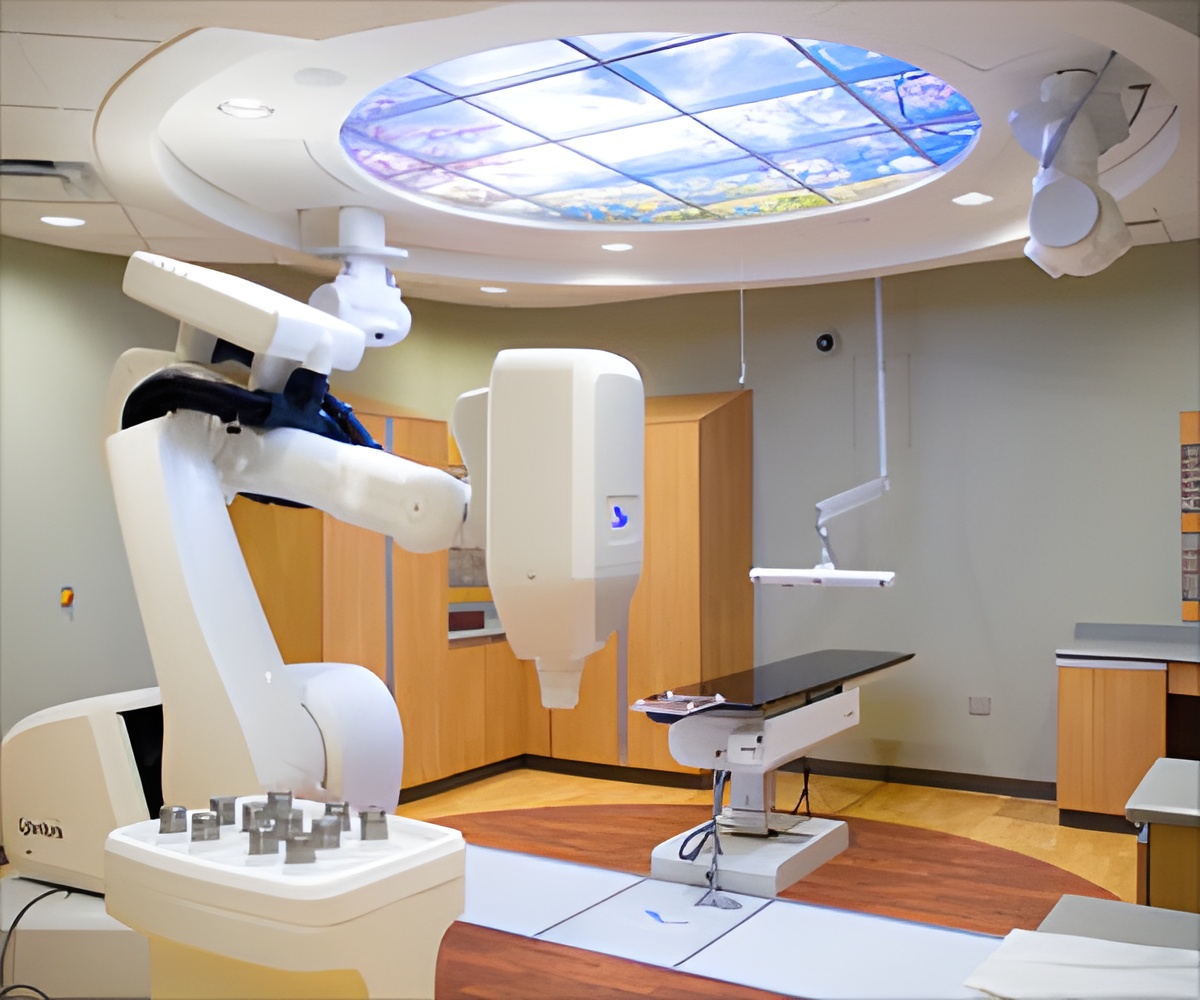Study shows bone complications in thyroid cancer are an indicator of a poor prognosis, suggesting the need for more drug research.

TOP INSIGHT
Patients with follicular and medullary thyroid cancer had the highest rate of cancer-related bone lesions and fractures and an increased risk of death.
However, patients with localized or regional thyroid cancer---without metastases--have an excellent prognosis, adds Palak Choksi, M.D., assistant professor of medicine at Michigan Medicine and lead author of the study.
The Michigan Medicine study, published in the Journal of Clinical Endocrinology and Metabolism, looked at all forms of thyroid cancer--medullary, follicular, papillary, and anaplastic. The study was based on SEER-Medicare data and involved approximately 30,000 patients, 70 percent of whom were Caucasian women with an average age of 64. The high percentage of women in the study reflects the fact that thyroid cancer is three times more common in women than in men.
"Only about 8 percent of patients in the study had either a bone metastasis or skeletal-related event such as a cancer-related bone fracture," explains Haymart.
Previous studies that mainly looked at differentiated thyroid cancer and bone metastases had a significantly smaller sample size and were largely from single institutions that enrolled patients with differentiated thyroid cancers.
"Patients with thyroid cancer have been understudied," says Haymart.
"Now that we have identified that certain thyroid cancers are at a higher risk for skeletal-related events, we can appropriately design studies looking at drugs to see which medication could prevent or effectively treat such complications," says Choksi.
"Through our study, we want other doctors to be aware that there is a higher likelihood of skeletal lesions or fractures in this high-risk population," says Choksi.
The authors acknowledge that there are limitations to the study, and the applicability of the research to younger patients is reduced. "Despite this limitation, our study parallels on a larger scale what other smaller studies have shown in a varied population group," says Choksi.
For high risk patients, future research is needed to show how to prevent and treat bone metastases. Studies have already shown that denosumab and bisphosphonates are beneficial for patients with other cancers of the bone. The researchers suspect these drugs may also be beneficial for patients with thyroid cancer and bone metastases, although additional prospective studies are need.
Source-Eurekalert
 MEDINDIA
MEDINDIA


 Email
Email










